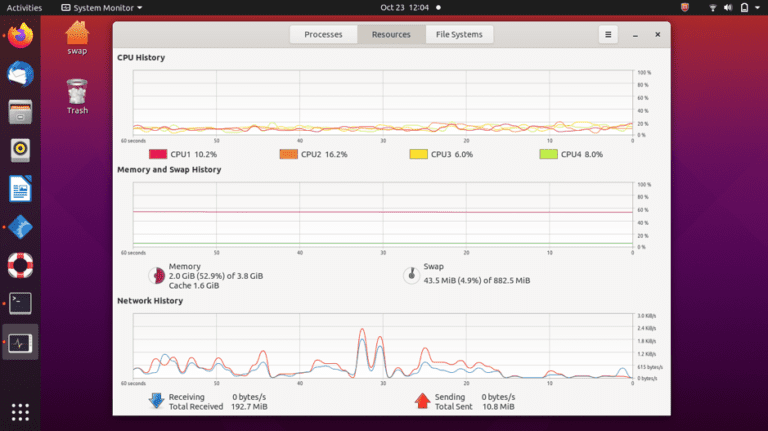


To cleaning a configuration we can use sudo dpkg -purge jackd2 To search folders and unused configurations files we can use : dpkg -l | egrep "^rc" | cut -d ' ' -f3 dpkg -l | egrep "^rc" | cut -d ' ' -f3

To search and cleaning unused configurations Sudo deborphan | xargs sudo apt-get -y remove -purge andĠ upgraded, 0 newly installed, 0 to remove Sudo apt-get remove -purge `deborphan` sudo apt-get autoremove Remove orphaned libraries sudo apt-get install deborphan But it is also possible to recover more than 1 GB of disk space Now, check and resolve any errors or broken dependencies with: sudo apt-get check sudo apt-get -f install sudo apt-get check sudo apt-get -f installĠ upgraded, 0 newly installed, 0 to remove and 3 not upgraded. In my case the directory /var is not particularly large and the recovery of space is small. I usually tie together the commands with: sudo apt-get autoremove & sudo apt-get autoclean & sudo apt-get purge & sudo apt-get clean #r remove from the cache (/ var / cache / apt) any package, except for the lock files This command allow a good a good recovery of disk space counterpart is that if you reinstall a package it have to be downloaded. deb from the apt cache, including those relating to the packages currently installed. sudo apt-get purgeĬlean is much more radical than autoclean. This can be useful when you want to reinstall applications from scratch. The following command is really interesting, because it allows the removal even of the configuration files. To delete all package dependencies removed sudo apt-get autoremoveĭelete the files (.deb) of the packages that are no longer installed in the system sudo apt-get autoclean Remove unnecessary libraries and packages: Then check the size of the main folders sudo du -sxm /* | sort -nr | head -n 15 sudo du -sxm /* | sort -nr | head -n 15 Let’s start by checking the occupation of disk space you can use the command df -a df -aįilesystem 1K-blocks Used Available Use% Mounted on Here are the commands That I use to save space and clean up all Ubuntu versions ( Ubuntu, Lubuntu, Xubuntu … ) Cleaning up Ubuntu using the terminal I appreciate the advantage of kernel 3.8.xx that leads to an improvement in the recognition of hardware devices. In Lubuntu strangely I’m currently experiencing some annoying logout. Now is the time to do the cleaning. In this post thas use as template previous Clean up and optimize Ubuntu 12.10 Quantal Quetzali I have added output of commands.įor cleaning up Ubuntu 13.04, you can use GUI applications like synaptic, bleachbit with baobab to check disk space and or ubuntu tweak but I prefer to use the terminal.

However, I often use as a desktop environment the awesome window manager. I installed ubuntu 13.04 raring ringtail two week beforet it was officially released. Pulire e ottimizzare Ubuntu 13.04 Raring Ringatail – con applicazioni GUI


 0 kommentar(er)
0 kommentar(er)
